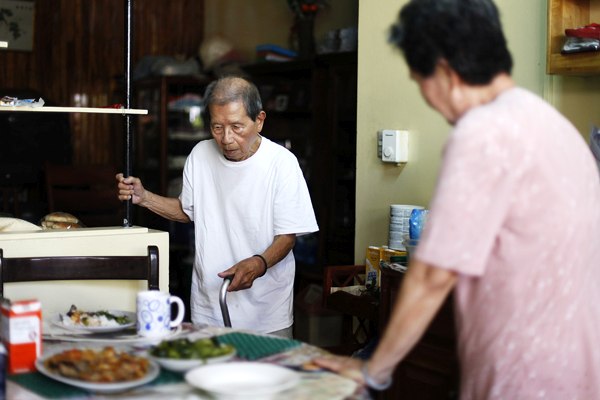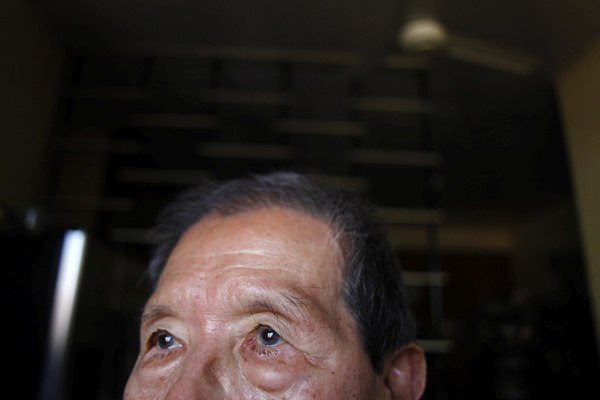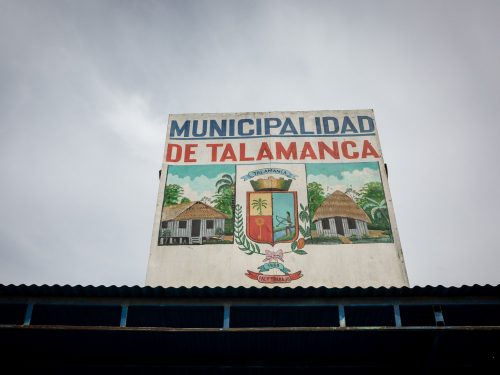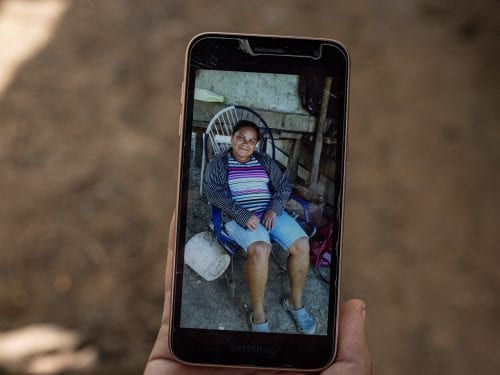
The wind kicks up the tin roof panels overhead, banging away while we speak. I sit scribbling fervently into my notebook as Xenia Waigui Chan tells me her parents’ peculiar story: How a Tico and Chinese woman got caught up in history and landed in Nicoya.
“My father is a Chinese Tico,” she related. “My grandfather originally came to Central America to make money, but there was a lot of racism against blacks and Chinese in Panama, where he originally arrived, so he moved to Guanacaste and my father was born here in Costa Rica, in Las Juntas, Abangares canton.”
“After my grandfather was here for about 10 or 15 years he made enough money, so he took the family and my father, who was five years old at the time, and went back to China.”
However, in China, the situation would soon become untenable, as the Imperial Japanese Army crushed Chinese opposition after launching a full-scale invasion in 1937, occupying the whole of south and east Asia in a matter of months, and subjecting the people of the country to widespread rape, looting and summary execution, including the family’s home province of Canton.
“It was a very bad time,” she sighed. “The target of the Japanese at first was to find all the men of military age. They would take them all and cut their heads off with swords. My father was chosen to die and an officer let him go because he thought he wasn’t the right age.”
In 1948, at age 24 Miguel Chan Achiu made his way back across the Pacific Ocean to Costa Rica to find a better life, where work opportunities were available. After several months of traveling around the country, he decided to settle in Nicoya.
In the years following the Sino-Japanese war, Chinese society underwent extreme changes which culminated in the tumultuous civil war between the Emperor of China and the Communist Party of China, paving the way for Xenia’s mother, Delia Cheng Yuong, to also make the decision to uproot to Costa Rica.
“My mother was held in a communal farm,” said Xenia. “But eventually she escaped and went to Hong Kong where she worked as a nanny and made some money. Before she met my father, she had heard about people going to [Central] America, that there were opportunities for Chinese to make money and live in a tropical environment, just like the place in Canton where my family comes from.”
Xenia’s father wanted to get married, but he wanted a Chinese wife, so he made arrangements to bring a bride from China. With nothing more than a promise, a photograph and an address, Xenia’s mother crossed the Pacific Ocean to find her future on the other side of the world. Although 17 years apart in age, the two made it work, purchased a store in 1958, and settled in Nicoya to raise their family.
For Xenia, growing up as a visible minority has had its own unique challenges. Having grown up without learning Chinese, Xenia believes it is important for young Chinese Ticos to learn Chinese language and writing as part of their culture and identity. “I feel kind of excluded in places where Chinese is spoken more than Spanish, but I also don’t always have the time and resources to learn for myself. Sometimes people make the joke with me that I am a “banana”, yellow on the outside and white on the inside. It’s not nice and it’s very cruel to hear.”
“I’m a mix, really,” she explained. “I feel sometimes though like I’ve lost some part of my identity because I don’t speak, read or write Chinese, not really like I’ve lost my identity, but more that I am always discovering who I am and where I have come from. I think I identify with some Chinese values like my work ethic, my love of family and respect for elders. I prefer oriental food. I like a lot of parts of western culture because it’s more open, more expressive and it gives room for creative expression in speech, and especially body language. Chinese body language is very rigid, like Germans, and I appreciate how as Ticos we’re relaxed and live for the moment, but it can be impulsive. I like to live somewhere in the middle, between western and Chinese.”







Comments